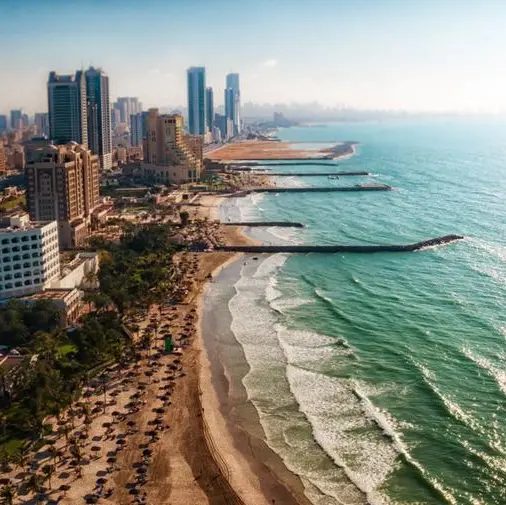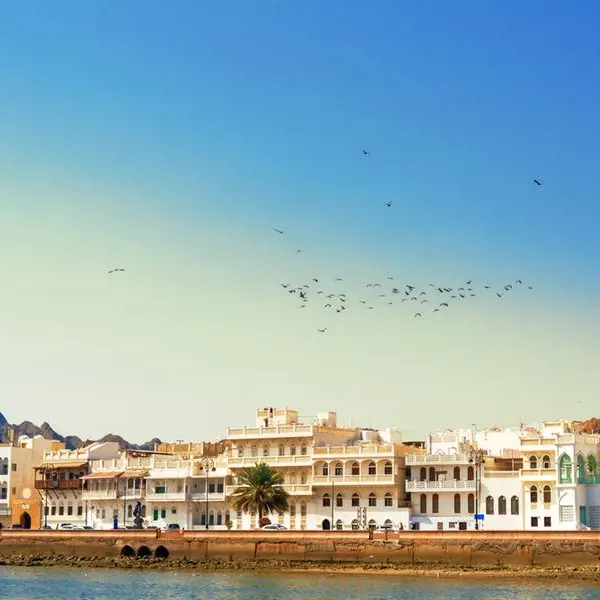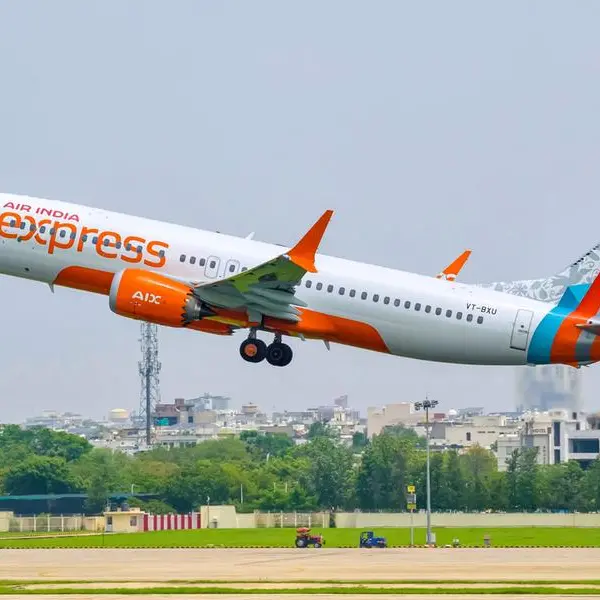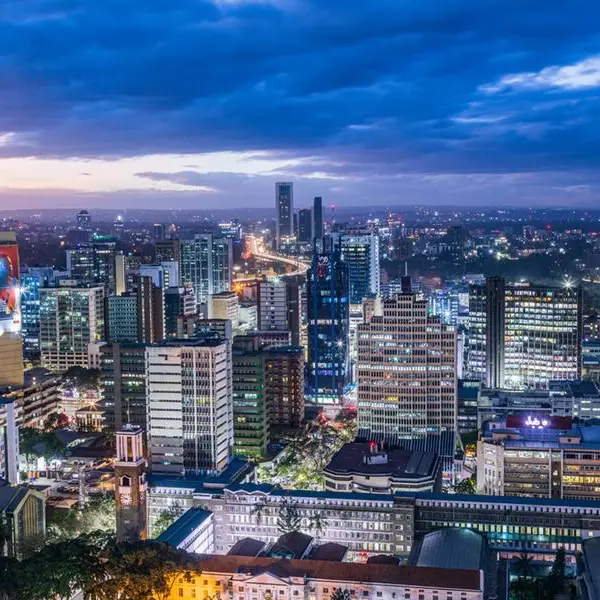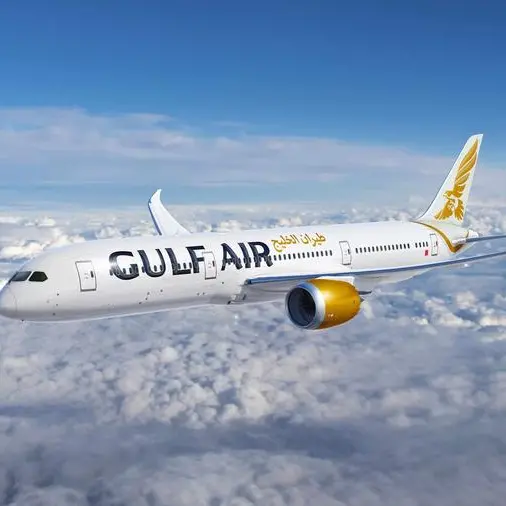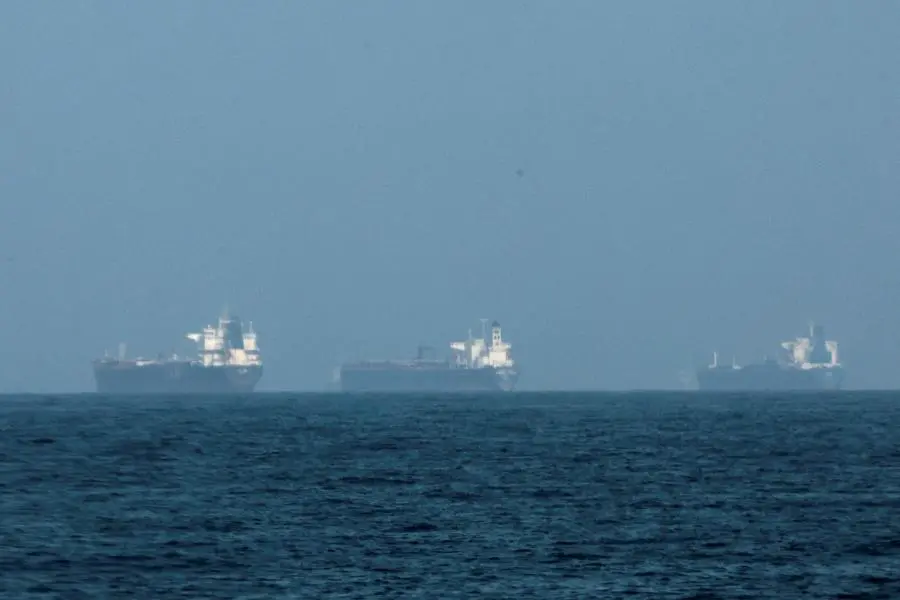PHOTO
Bookings on Russian outbound flights soared in the week after President Vladimir Putin’s announcement of partial mobilisation, with bookings to Dubai doubling week-on-week.
Flight bookings data from ForwardKeys show that, compared with the previous seven days, one-way bookings to Dubai increased by 104% in the seven days following the announcement on September 21. While anecdotal reports had emerged, soon after the announcement, of tickets to Dubai selling out and costing tens of thousands of dollars, the data gives a true picture of actual surge.
While Dubai bookings doubled, many more travellers booked flights to destinations closer to home, with one-way bookings to Tbilisi, Georgia, surging by 654% during the same period; to Almaty, Kazakhstan, by 435%; to Belgrade, Serbia, by 206%; to Baku, Azerbaijan, by 201%; and to Astana, Kazakhstan, by 187%.
Other destinations that saw similar surges to Dubai included Bishkek, Kyrgzstan, up by 149%; Istanbul, Turkey, up by 128%; Tel Aviv, Israel, up by 127%; and Yerevan, Armenia, up by 94%.
The data also suggest an increase in the share of travellers planning prolonged stays outside the country or leaving the country, with one-way tickets making up 73% of the total, up from 47% the previous week.
ForwardKeys said 60% of the tickets issued following mobilisation were for travel within 15 days of purchase, compared with 45% the previous week, meaning average lead times shortened by 34 to 22 days.
Putin’s partial mobilisation announcement last month stated that 300,000 Russians with previous military or relevant experience as well as those who were in reserve would be called up to fight in the war against Ukraine, which has been raging for seven months since the Russian invasion began in February.
However, fearing a much broader mobilisation, many have fled, resulting in scenes of massive queues at road borders in the days following the announcement as well as anti-mobilisation protests, which have resulted in arrests across the country.
ForwardKeys’ data earlier showed a huge surge in Russian summer visitors to the MENA region and Turkey.
(Reporting by Imogen Lillywhite; editing by Seban Scaria)


